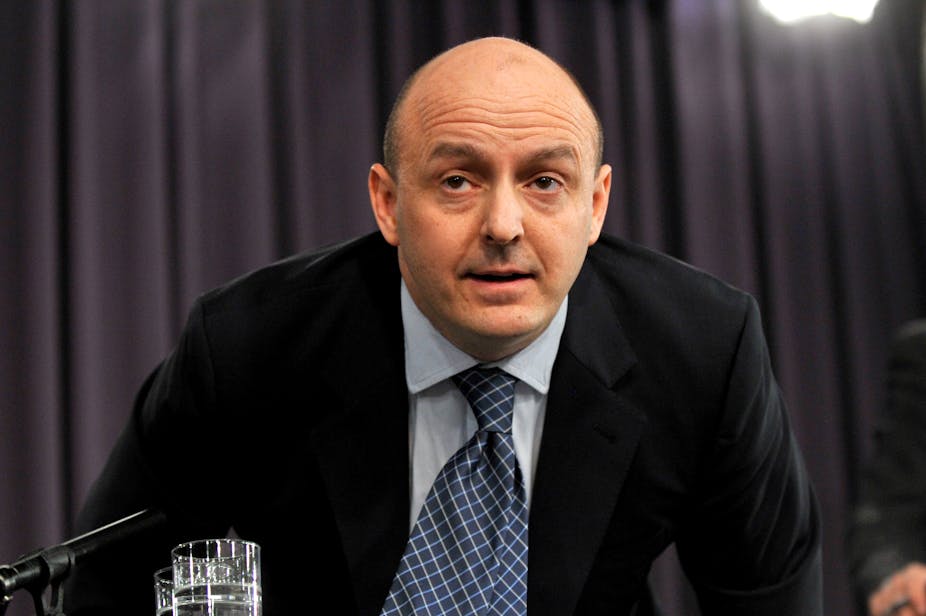The chief executive of the left-leaning Australia Institute think tank, Richard Denniss, has urged Labor to do a deal to implement elements of the government’s controversial direct action climate program.
With money already appropriated in the budget for the proposed emissions reduction fund, Denniss said it should be used “to buy as much abatement as we can”.
The government has legislation before Parliament to provide for the Clean Energy Regulator to conduct auctions and enter into contracts to pay companies to reduce their emissions. Some $2.55 billion worth of contracts would be funded, although only $1.1 billion would be spent in the forward estimates period.
When the carbon tax is repealed – now considered certain after last week’s announcement by Clive Palmer that PUP senators will vote for ending the tax – Australia would have no primary scheme for combating climate change if direct action is not implemented.
Labor voted against the direct action legislation in the House of Representatives, but shadow treasurer Chris Bowen appeared to leave open its final position at the weekend.
Denniss told The Conversation: “The government is offering to spend a couple of billion on abating emissions. As long as we get good value for it, and we are confident the emissions are abated and administrative costs are not excessively high, I think that would be a good outcome.”
But he said the money should be spent on energy efficiency projects and carbon farming, rather than buying emissions from big polluters, as the administrative costs would be much lower and the measurement of emission reduction much easier.
The government is flagging that it would seek to implement direct action through the states if it cannot get its legislation passed. Palmer has said PUP will not support the direct action plan, which he describes as a waste of money.
Denniss said some in Labor and in the environment movement thought the legislation should be opposed to put more pressure on Tony Abbott. “I’d rather put more pressure on emission reduction.”
He said Labor used to call energy efficiency measures “complementary measures” to a carbon price. “There is no doubt a carbon price should have a central role too but direct action also has an important role. Without a carbon price, they are the only show in town.”
Meanwhile, opposition leader Bill Shorten said today that Labor’s position on an emissions trading scheme had not changed.
“It is the position we took to the last election. It is the position we hold now,” he said.
Climate change demanded a serious response that had to include “a market-based framework capable of interacting with, and benefiting from, similar schemes in the United States, Europe and Asia”.
He said this was a complex area where international developments would play an important role, as well as extensive national consultation on detail and implementation.
“I still have faith in the good sense of the Australian people. I still believe that good policy, clearly articulated and explained and argued, will win the support of the electorate.”
There has been speculation from time to time that Labor would walk away from emissions trading at the 2016 election.
Shorten said Labor “has to live with our failure to prosecute the case, to take the public with us on the need for action on climate change”.
He did not give any indication of Labor’s position on the direct action legislation in the Senate.

